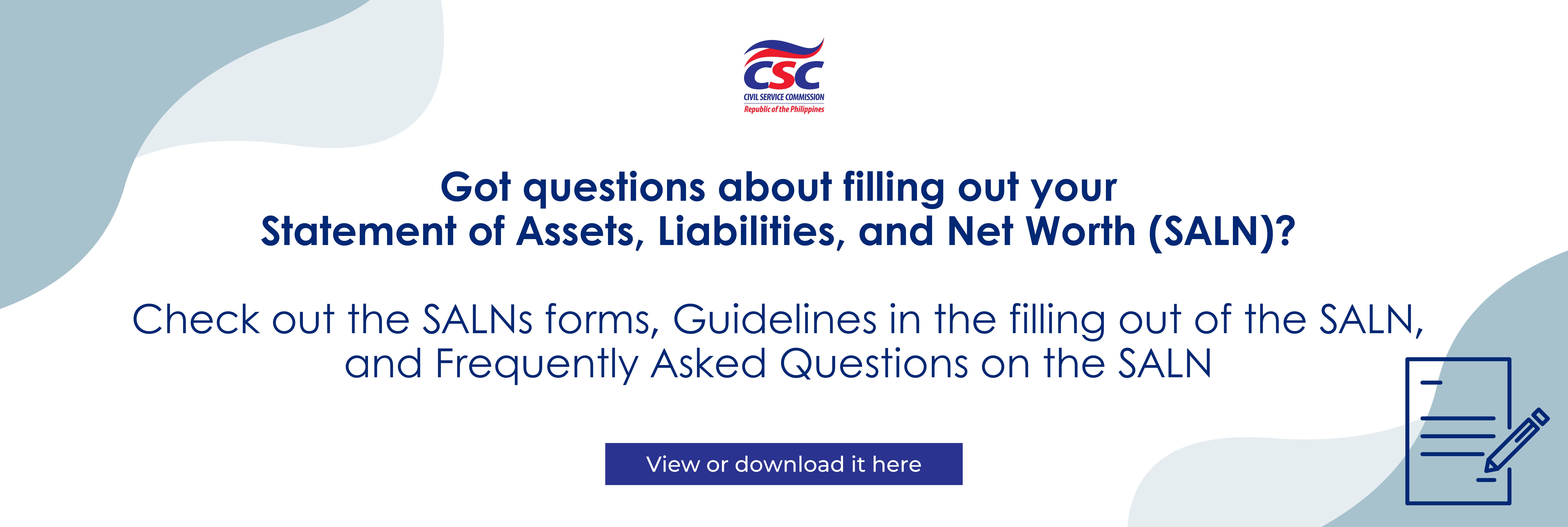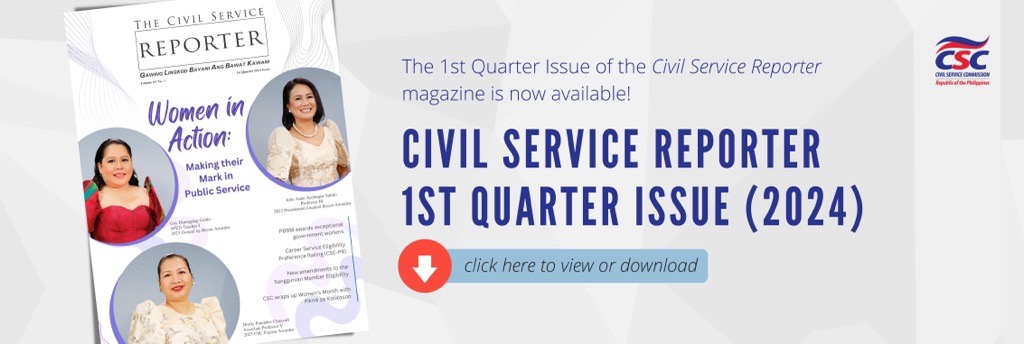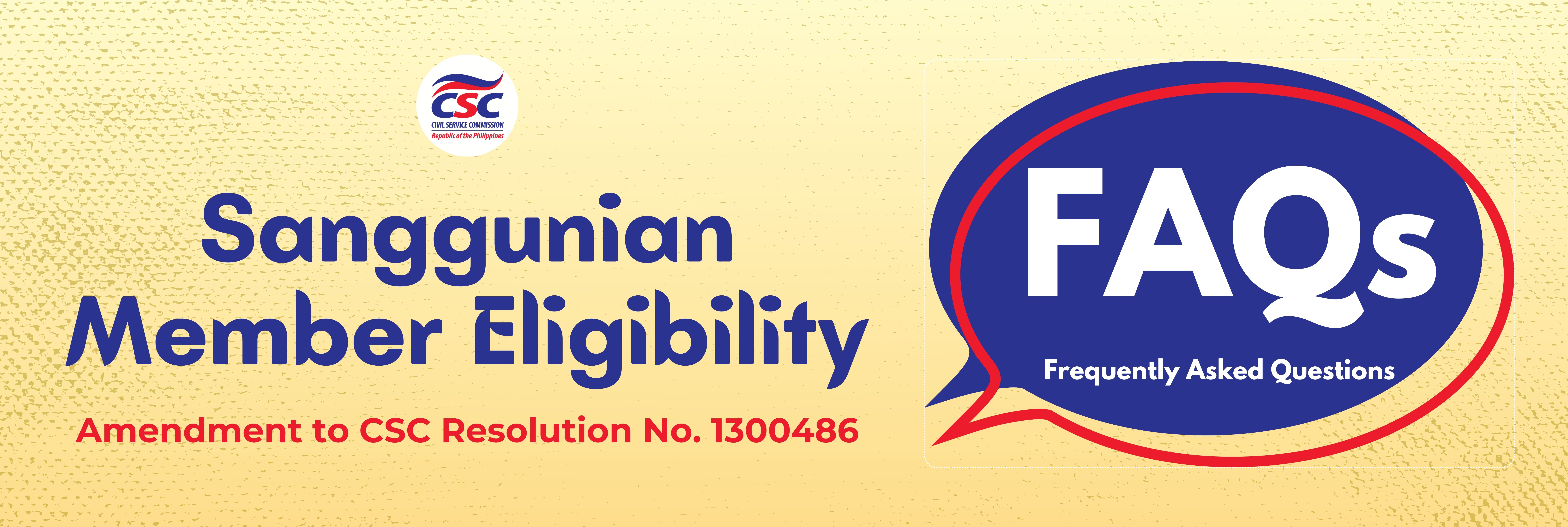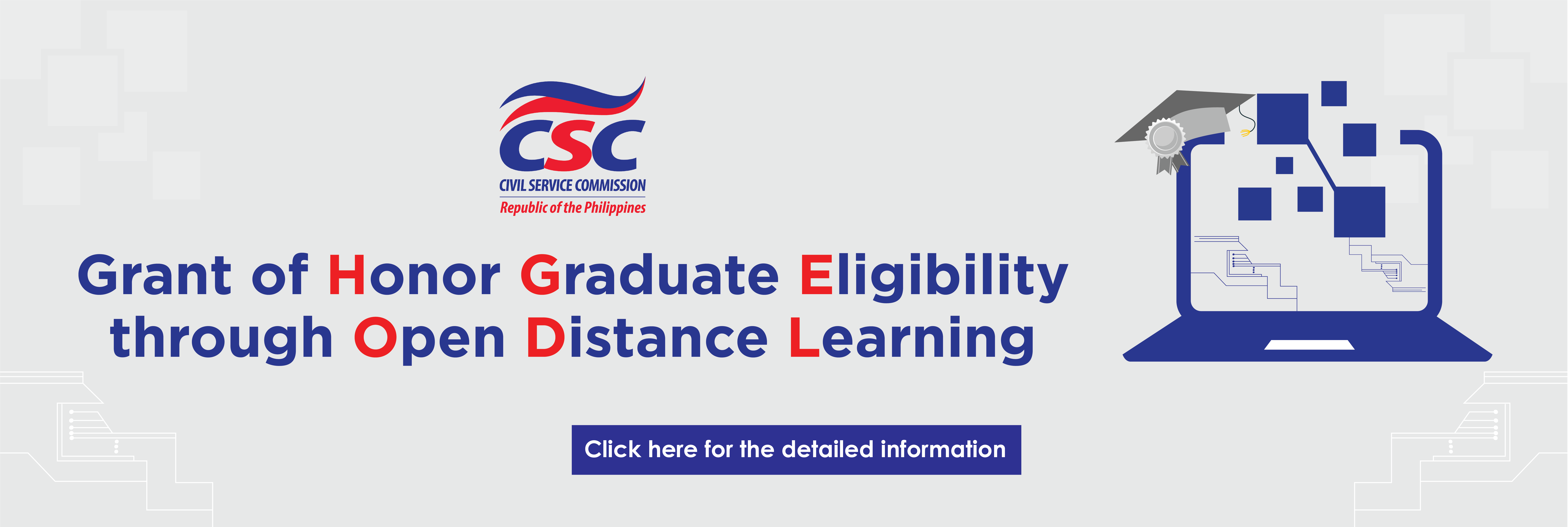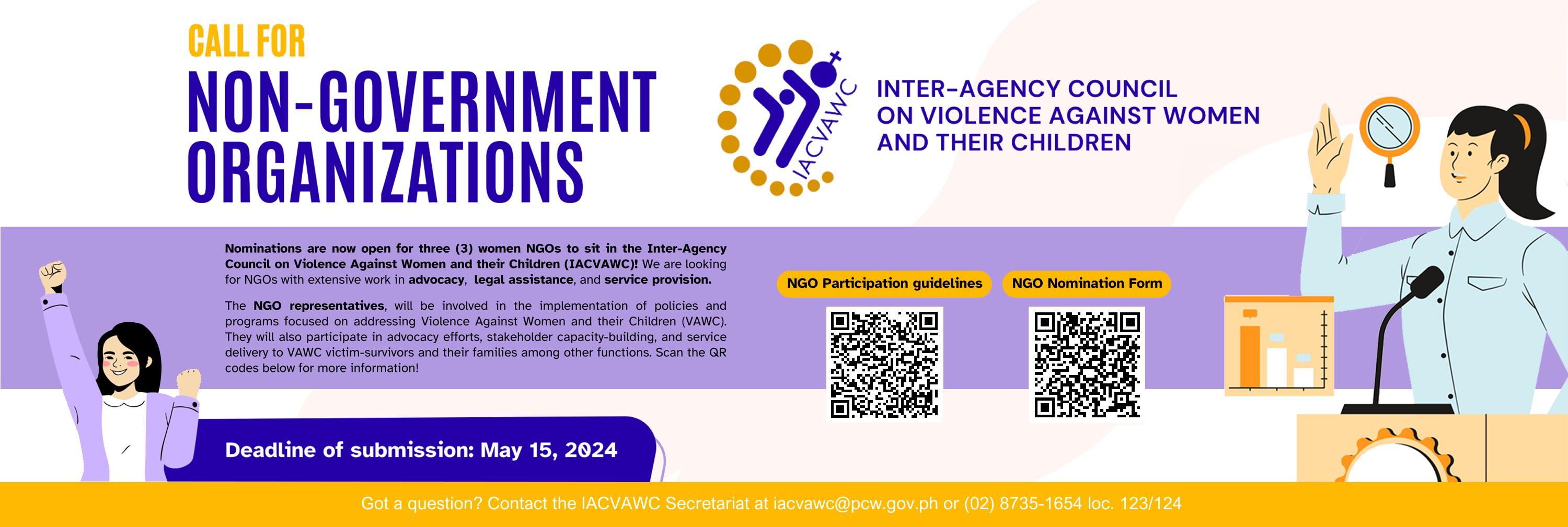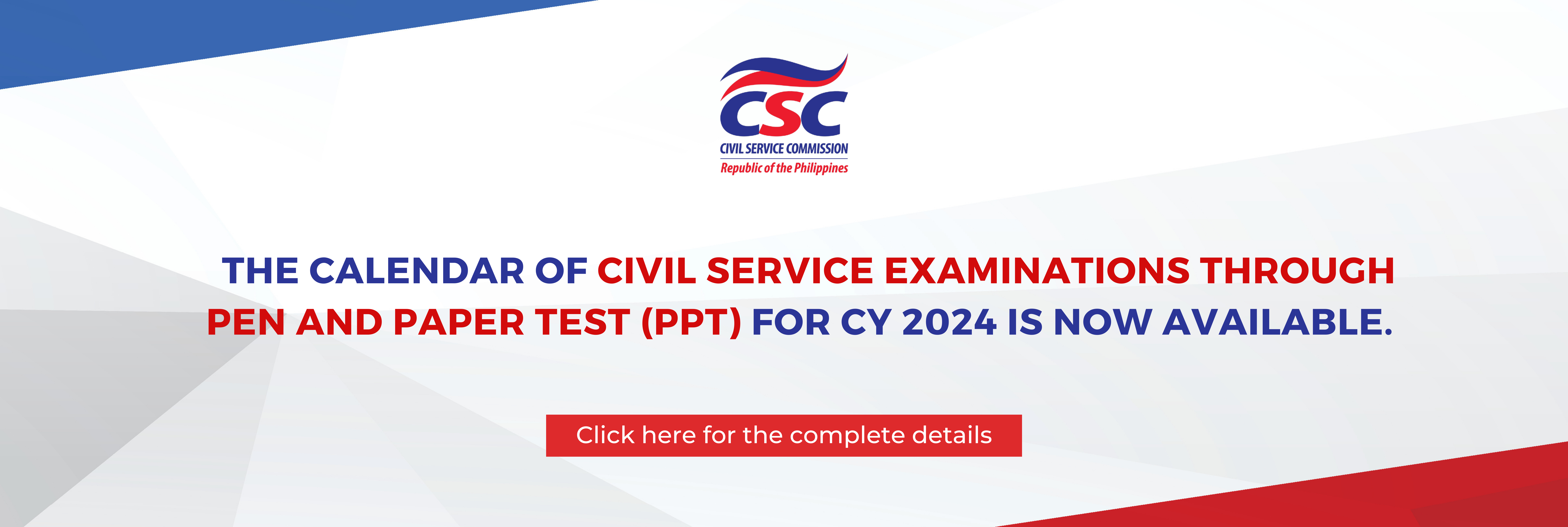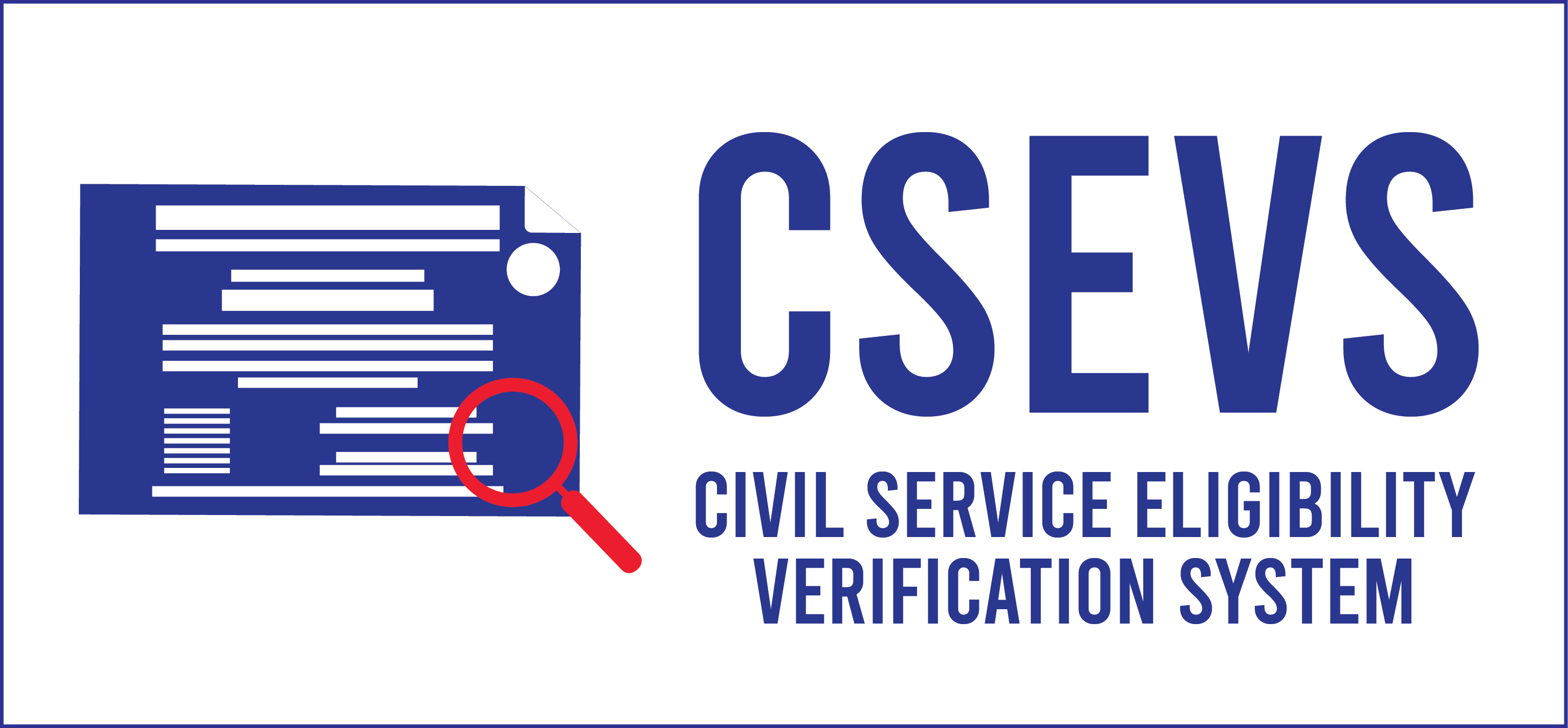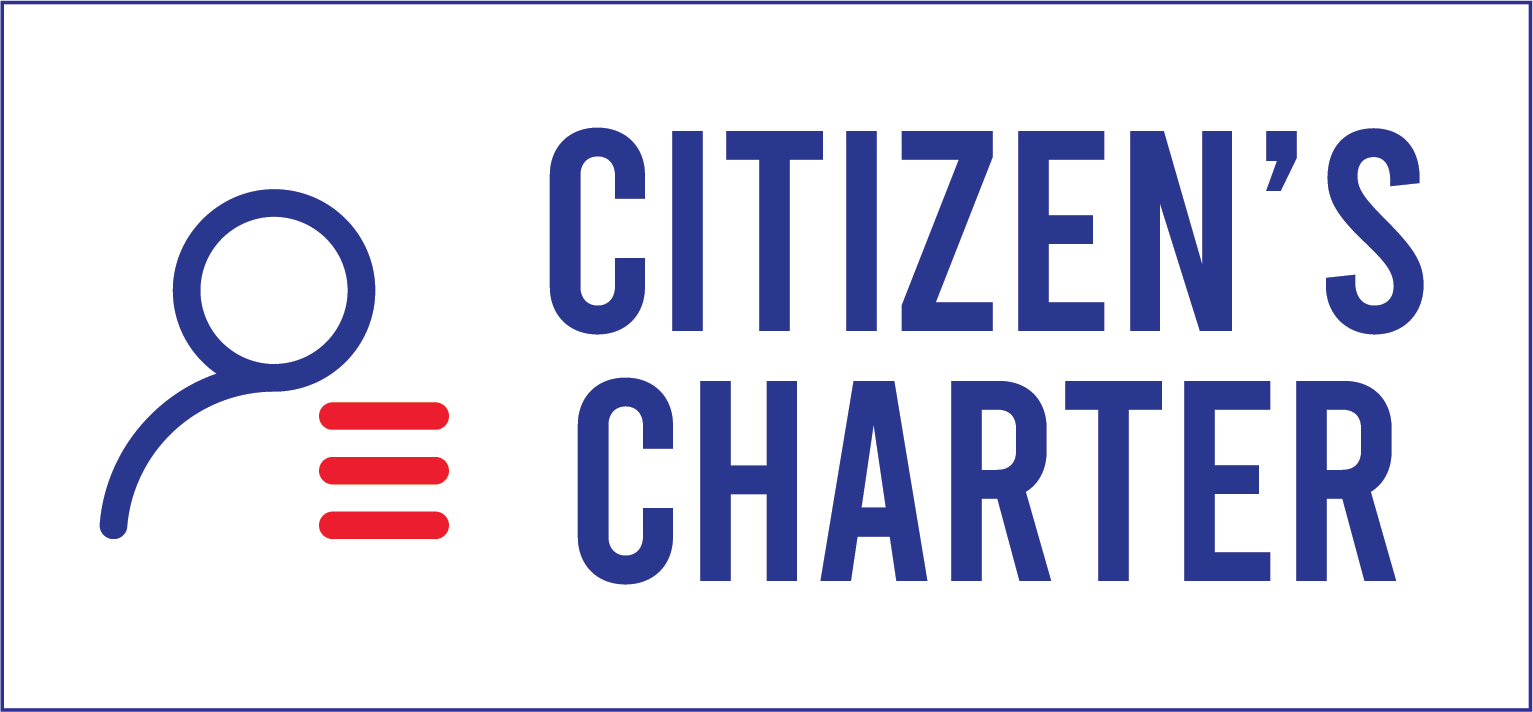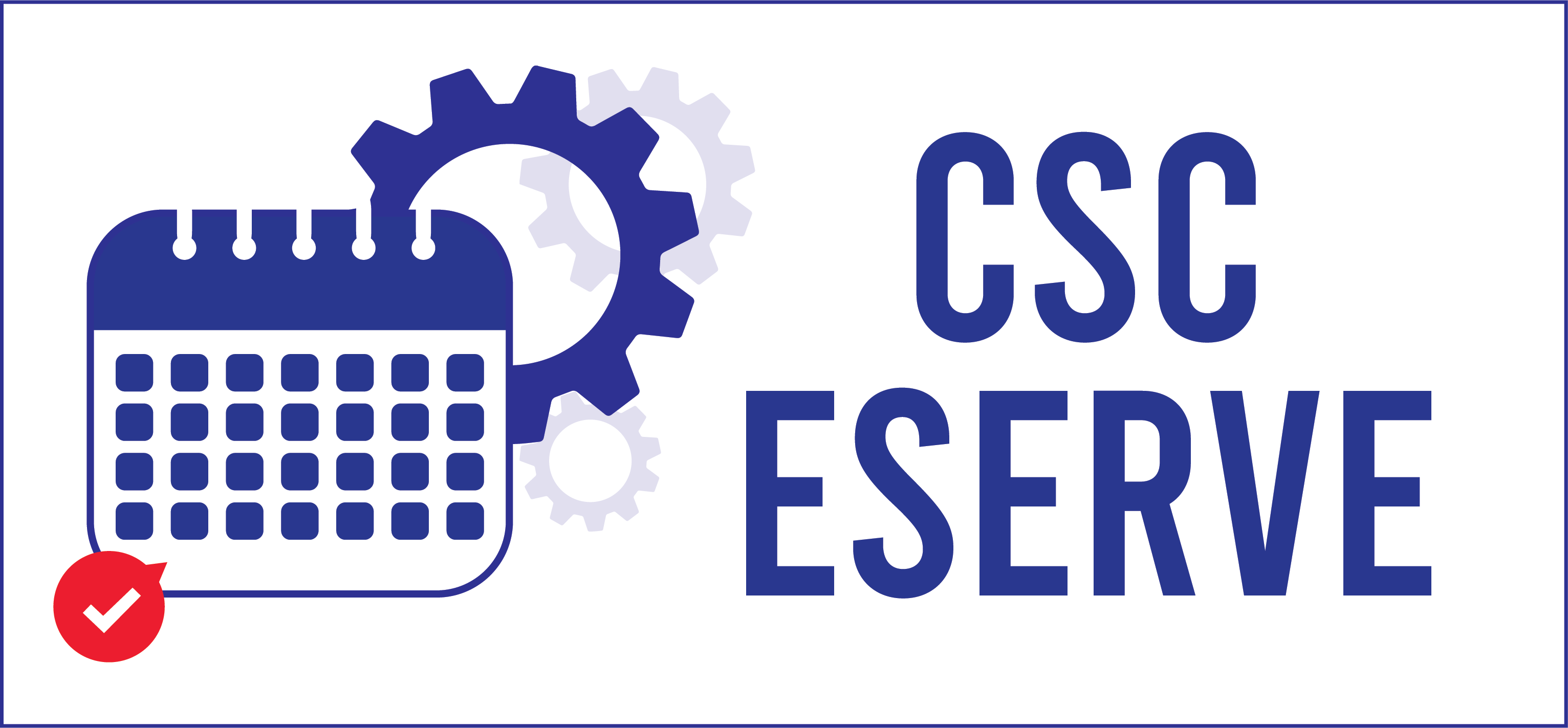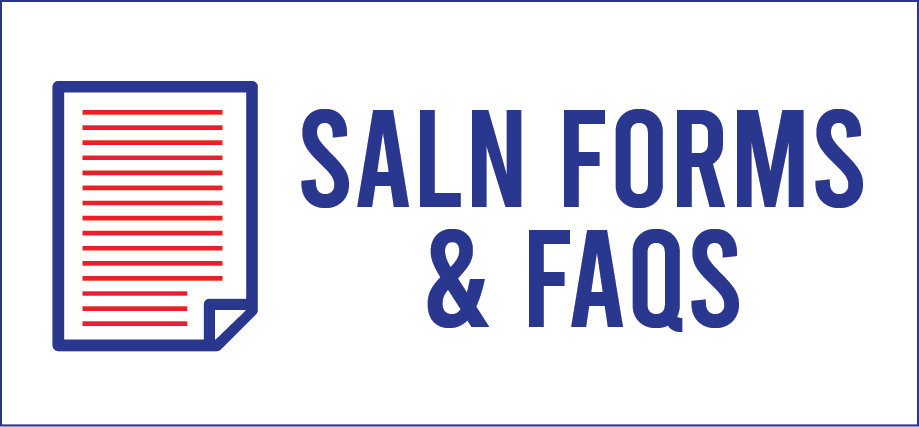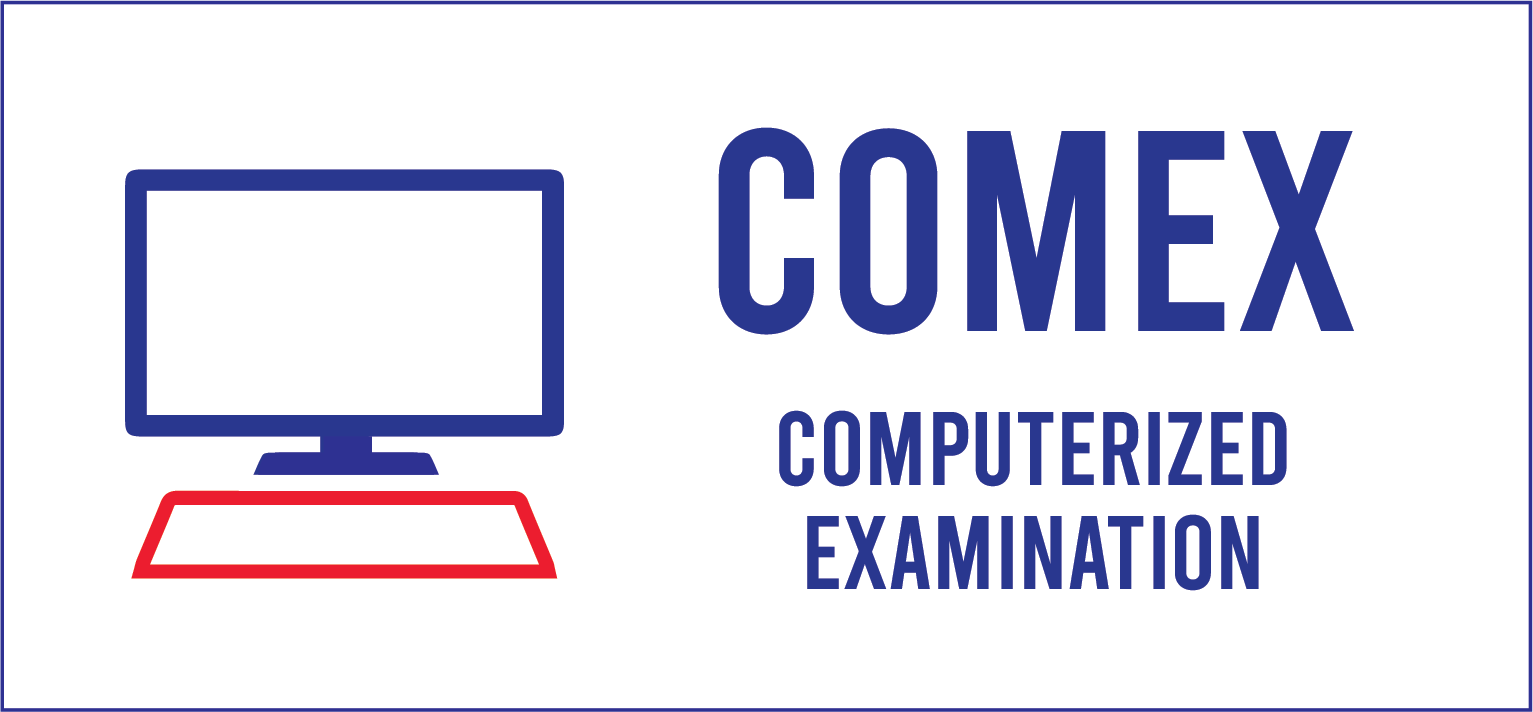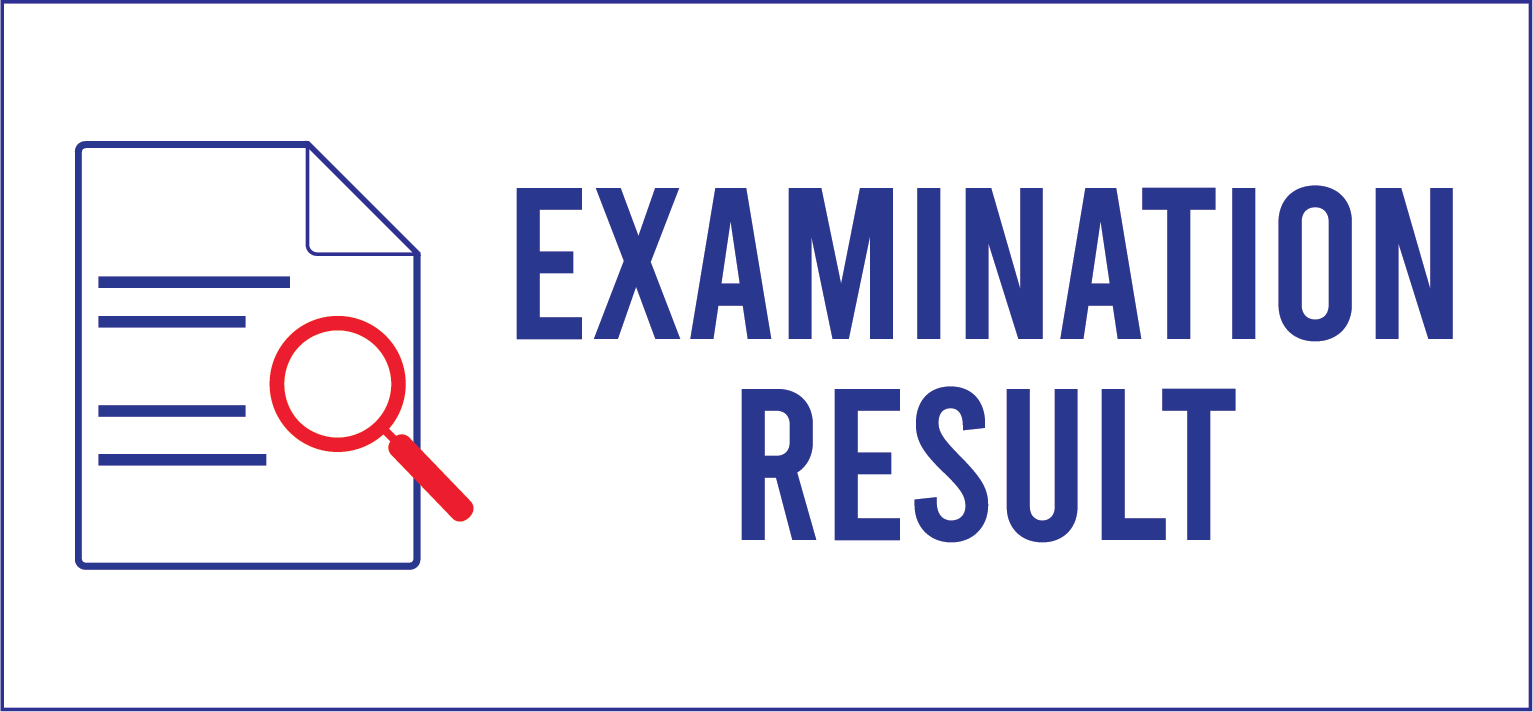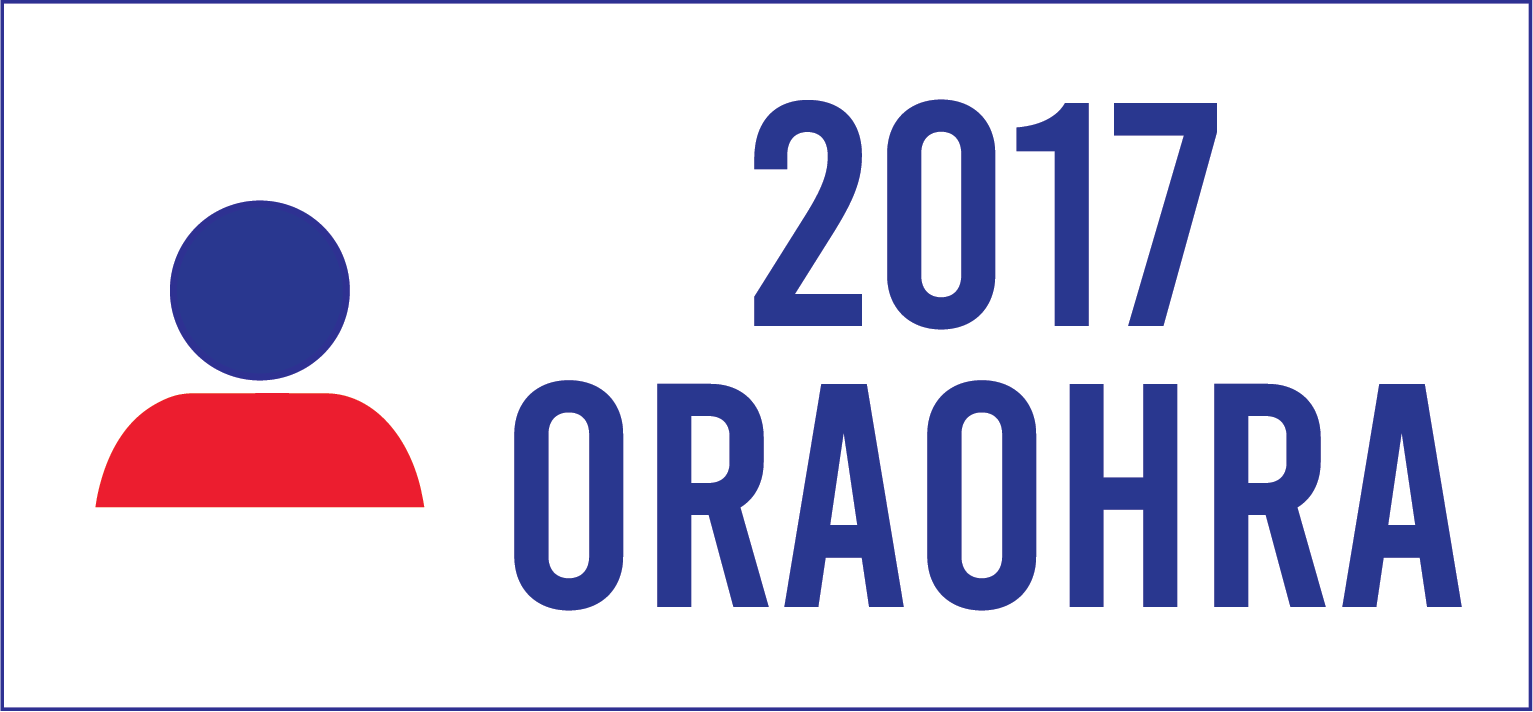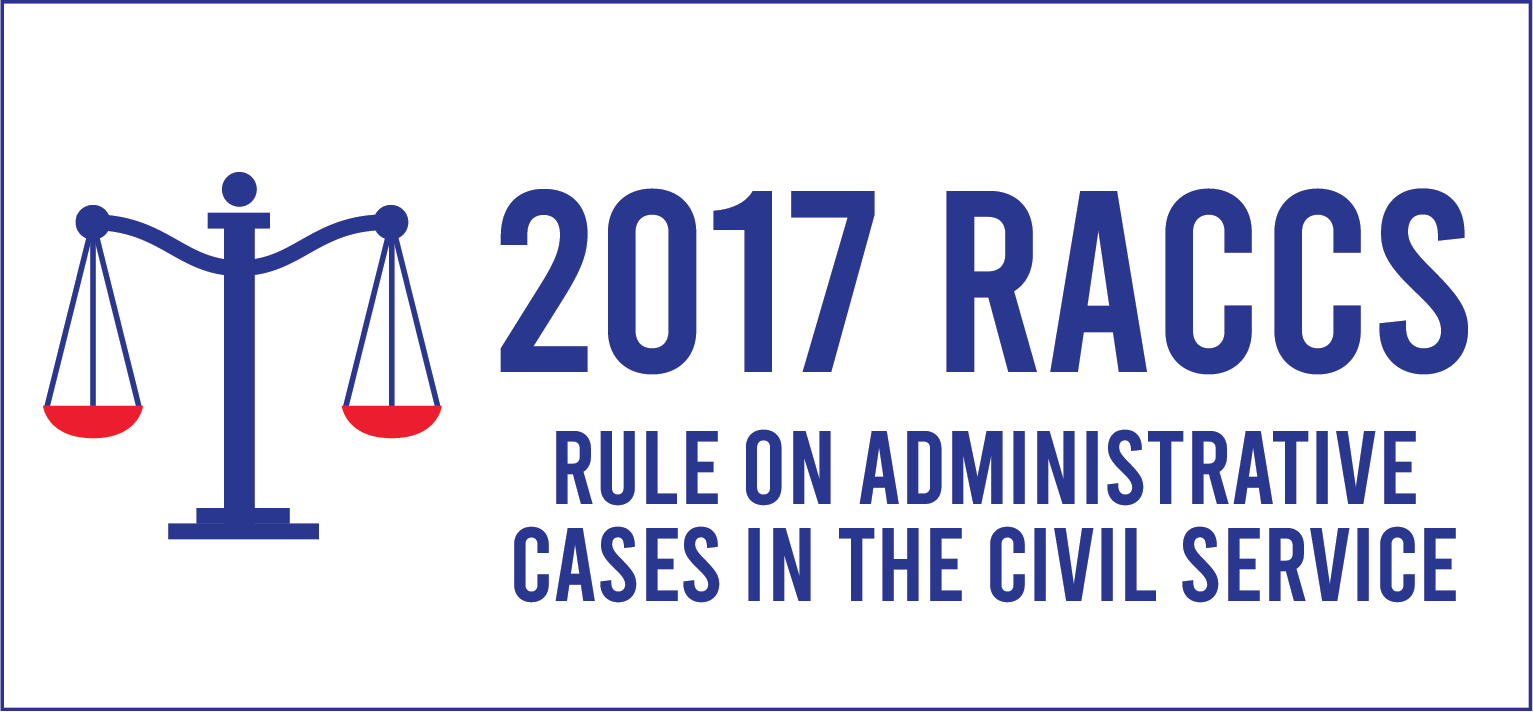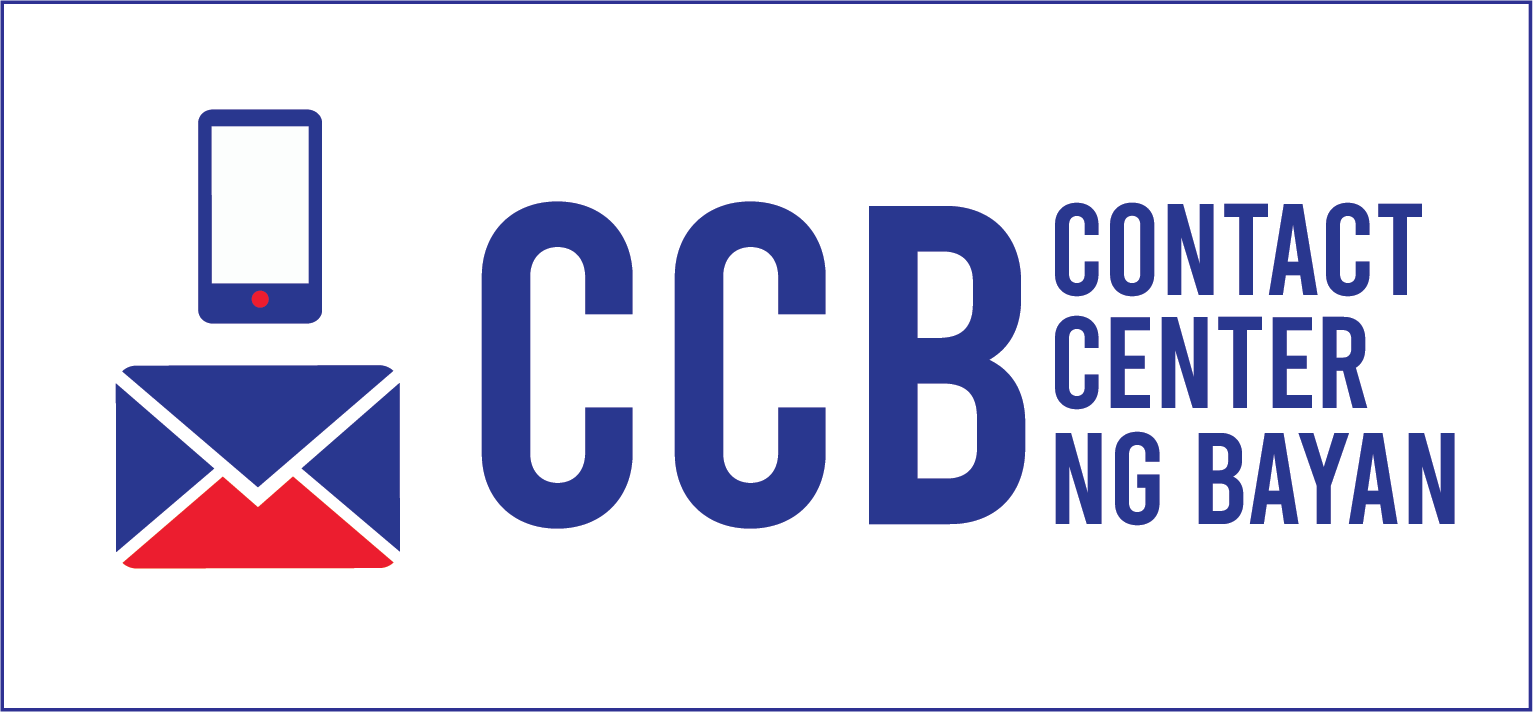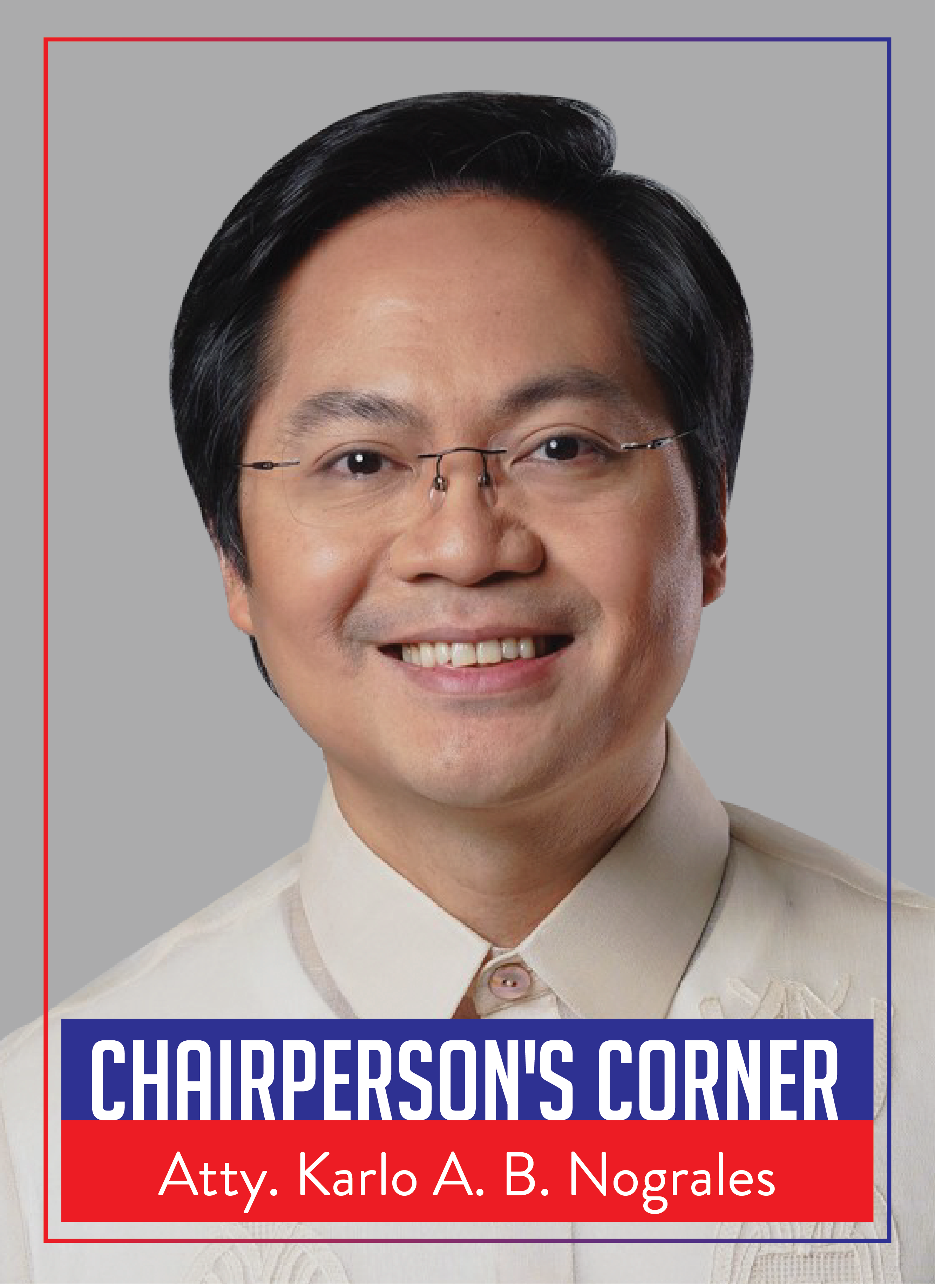- Details
Keep our government offices 100% smoke-free.
The Civil Service Commission (CSC) reiterates CSC Memorandum Circular (MC) No. 17, s. 2009 or the Smoking Prohibition Based on 100% Smoke-Free Policy Policy which prohibits smoking in or on the premises, buildings, and grounds of government agencies providing health, education and/or social welfare and development services such as hospitals, health centers, schools, and universities, colleges among others. Designated smoking areas are also not allowed.
The reminder was also made in celebration of the World No Tobacco Day on 31 May of every year. The annual campaign aims to raise awareness on the harmful and deadly effects of tobacco use and second-hand smoke exposure, and to discourage the use of tobacco in any form.
“The Commission is a staunch supporter of tobacco control policies which aim to eliminate cigarette smoking in the workplace and to prevent tobacco companies from interfering with policy-making in the public sector,” said CSC Chairperson Alicia dela Rosa-Bala. She explained that CSC MC 17 is part of the country’s efforts to enforce Article 8 of the World Health Organization’s Framework Convention on Tobacco Control, which aims to protect the public from the perils of secondhand tobacco smoke. ###
- Details
Female public servants who gave birth from March 11, 2019 onwards can now enjoy the 105-day expanded maternity leave with full pay, or the 60-day maternity leave with full pay in case of miscarriage or emergency termination of pregnancy.
The Civil Service Commission (CSC), together with the Department of Labor and Employment (DOLE) and Social Security System (SSS), issued the Implementing Rules and Regulations (IRR) of Republic Act No. 11210 or the Expanded Maternity Leave Law on May 1, 2019. The IRR defines the rules for availing of the expanded maternity leave.
“The expansion of maternity leave benefits is a very welcome development as it gives due consideration to the specific maternal health needs of female workers. We believe that female employees can be more capable of fulfilling their multiple roles at home and in the workplace if they are given ample time to rest and recover before and after giving birth or in the event of miscarriage or termination of pregnancy,” commented CSC Chairperson Alicia dela Rosa-Bala.
Read more: Female public servants to enjoy longer maternity leave
- Details
The Civil Service Commission (CSC) mourns the passing of former Chairperson Karina Constantino-David and sends its condolences to her family.
David was appointed Chairperson of the CSC on 23 February 2001, succeeding Corazon Alma G. De Leon. She ended her term on 1 February 2008, which also marked her retirement from government work, after more than forty years of dedicated public service.
CSC Chairperson Alicia dela Rosa-Bala credited David for her initiatives to professionalize the bureaucracy and improve the quality of public service during her term as head of the CSC, one of which was the Public Service Delivery Audit or PASADA in 2003, a complement to the Mamamayan Muna Program. PASADA was conceived out of David’s desire for reforms in frontline service delivery.
- Details
The Civil Service Commission (CSC) recently amended the policy on mandatory random drug testing in the civil service to specify exemptions.
The Guidelines in the Mandatory Random Drug Test for Public Officials and Employees and for Other Purposes, issued via CSC Resolution No. 1700653 and taking effect on 18 April 2017, provided that any public official or employee found positive for drug use at the first instance shall be required to undergo a mandatory rehabilitation or counseling program depending on the severity of drug use. Those who refuse to undergo such or fail to complete the rehabilitation program shall be formally charged with the administrative offense of Grave Misconduct.
Meanwhile, the Dangerous Drugs Board (DDB) issued DDB Regulation No. 13, s. 2018 on 30 August 2018, which provides that public officials and employees found positive for drug use at first instance shall be subjected to disciplinary/administrative proceedings with a penalty of dismissal from the service.
To ensure proper implementation of these two issuances, the Commission emphasized via CSC Resolution No. 1900238 dated 8 March 2019 that CSC Resolution No. 1700653 shall remain as the general policy on the conduct of mandatory random drug testing for public officials and employees, while DDB Resolution No. 13, s. 2018 shall only be adopted by government agencies who are exempted from the coverage of CSC Resolution No. 1700653.
Read more: CSC issues exemptions on mandatory random drug test
- Details
The Civil Service Commission (CSC) said that the use of the Strategic Performance Management System (SPMS) allows an objective assessment of government employees’ performance.
“Having a performance management system in place is an integral component of human resources management, especially in government service where there is a necessity to ensure that employees perform according to or beyond the expectations of the taxpaying public,” said CSC Chairperson Alicia dela Rosa-Bala.
She explained that under the SPMS, every government employee has his/her own Individual Performance Commitment and Review (IPCR) Form, a performance contract between the employee and management where targeted outputs for the specific rating period are clearly spelled out, including the performance standards which serve as basis for evaluating each output.
Read more: Assessing performance of gov’t workers necessary – CSC

